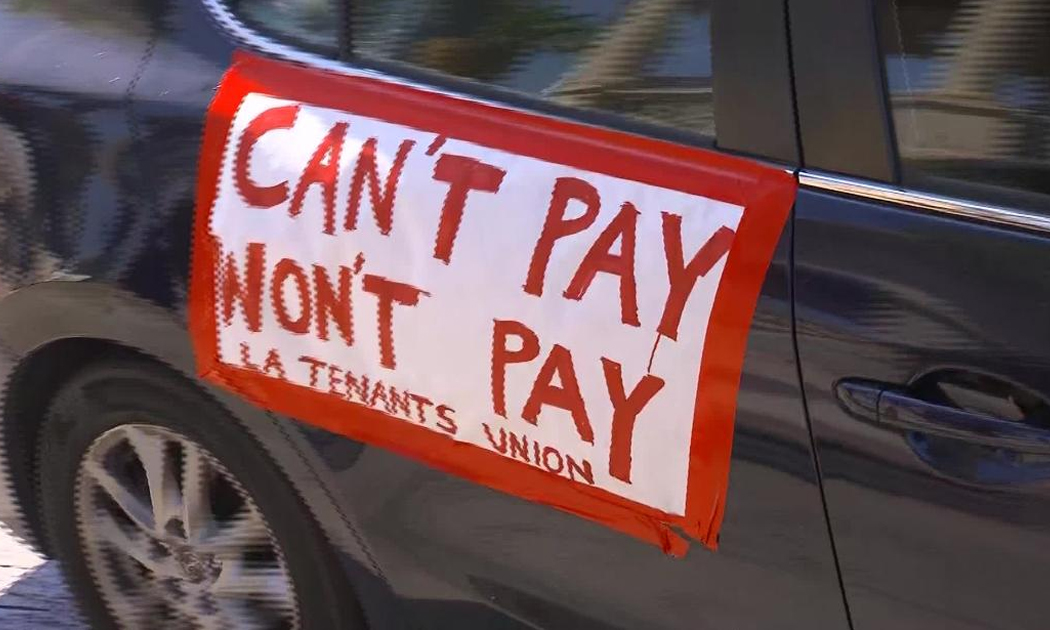
Can’t pay – or won’t pay? 0 Comments Uncategorized By admin
According to the Government’s Tax Working Group, almost all of IR’s tax indebted taxpayers can be classified into three broad groups –
1) disorganised,
2) can’t pay and
3) won’t pay.
Placing taxpayers into these three groups allegedly helps IRD to understand drivers and behaviours and easily pair an appropriate response to effectively encourage them to comply. Or that’s the idea…
Here at TDM, we don’t like to pigeon-hole our clients into such narrow definitions.
For instance, along with these broad groups, it is important to remember that there are human, social and economic factors which affect taxpayers’ ability to pay.
The Tax Working Group describes their three subtypes thus:
1) Disorganised:
Are confused or disengaged taxpayers that are close to being voluntarily compliant, but have a general apathy towards improving their tax compliance or feel discouraged to try and comply. They may have a poor understanding of their tax requirements and/or have underdeveloped business processes. Their business (or the business owner) may have reached the point where they need the services of a bookkeeper or tax accountant. Sometimes these taxpayers routinely file and pay late, but a reminder from IR is enough to reverse their non-compliance.
In these cases, IRD won’t find you a bookkeeper or accountant, set you up on Xero and provide free training, or send you reminders – but we will.
2) Can’t pay:
Are taxpayers that are not in a financial position to pay their tax obligations. These taxpayers want to pay their tax, but they do not have the funds to do so. It is likely that these taxpayers are operating a business that has experienced a temporary shock (such as a new competitor or poor harvest), or is permanently failing and is unlikely to financially recover. It is possible the business owner has several other creditors who may not be aware of the full extent of the business’s insolvency.
In this situation, IRD won’t give you tips about how to budget and provide in advance, how to prioritise creditors and set up instalment arrangements – but we will.
3) Won’t pay:
Are risk-takers, adversarial or criminal taxpayers that have the funds to pay their tax debts, but just chose not to. These taxpayers will challenge any attempts to resolve the tax debt, and often be intentionally evasive and deceitful. These taxpayers may file inaccurate tax returns, not pass on employees PAYE deductions or seek refunds they are not entitled to. These taxpayers require greater effort and resource to effectively respond to and resolve.
Although these taxpayers certainly exist, in our experience, many ‘can’t pay’ taxpayers are treated or seen as ‘won’t pay’ clients by IRD, making them nervous or hesitant to provide information or be contacted, leading to a ‘head in the sand’ approach.
Tax Debt Management sees the person, the family, the community behind the debt, and, not only works to confront the debt, but to make changes to ensure current and ongoing compliance and support the people behind the arrears.
Call Rosie today to address the stress and embark on the road to fiscal recovery.